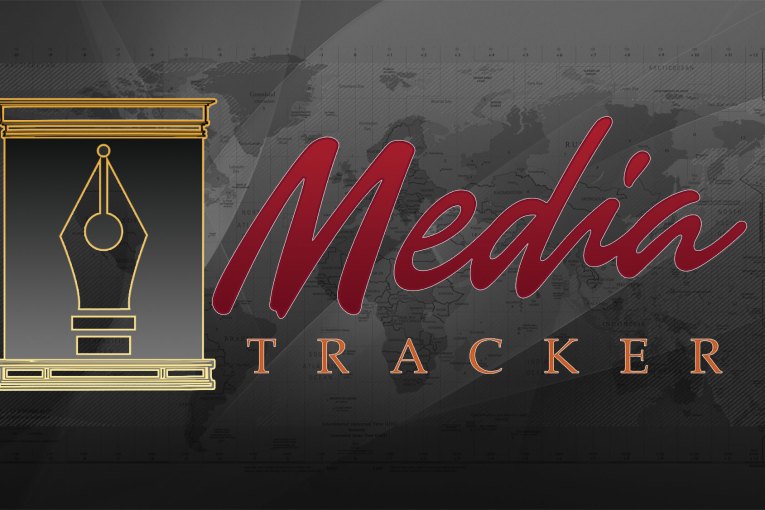
Media Tracker lists the challenges and achievements of the journalists and media organisations worldwide. Here’s a list of journalism at risk stories in the recent month. We would like to thank international media protection organisation and news outlets for their content.
- Immigration officers at Amman’s (Jordan) International Airport denied entry to Wael Mamdouh, deputy editor of the investigative unit in the Egyptian daily newspaper Al-Masry al-Youm, last week. Mamdouh has worked with Arab Reporters for Investigative Journalism (ARIJ) investigating military affairs in Egypt, on arms smuggling in Egypt’s Sinai Peninsula, and on conditions in a infamous high-security prison outside of Cairo for his publication. It is important to note that the Jordanian and Egyptian security agencies closely work together. (CPJ)
- Earlier this month, Edwin Rivera Paz, Honduran journalist, was murdered, execution style, in southern Mexico, where he had requested political asylum. Rivera had fled to Mexico after his close ally, Igor Padilla, a well-known Honduran TV journalist, met a similar fate in Honduras earlier this year. (RSF)
- Nabeel Rajab, the well-known Bahraini blogger and human rights defender, received two-year prison sentence, last week, in connection with interviews for local and international TV channels in 2014 and 2015 about the human rights situation in Bahrain. Rajab was convicted on a charge of “spreading rumours and false information” in the interviews. He was detained since June last. (RSF)
- The Freedom House recently published a report, Pluralism under attack: The assault on press freedom in Poland sighting the threats caused by the growing atmosphere of polarization and hostility towards the media in the Eastern European country. As the right-wing law and justice party, PiS, came to power last year, it sought to control coverage of its controversial political agenda by strengthening its grip on the media by replacing many public media organisations heads to tow the party line and creating National Media Council to control the public broadcasters management. In an effort to silence the opposition, the party politicians raised slogans of repolonizing the media and advertising budgets were tilted to the hard-right media outlets drying of sustenance for centrist and liberal press in the country. Independent journalists and media owners fear that the government’s control might become stronger yet. (IFEX)



